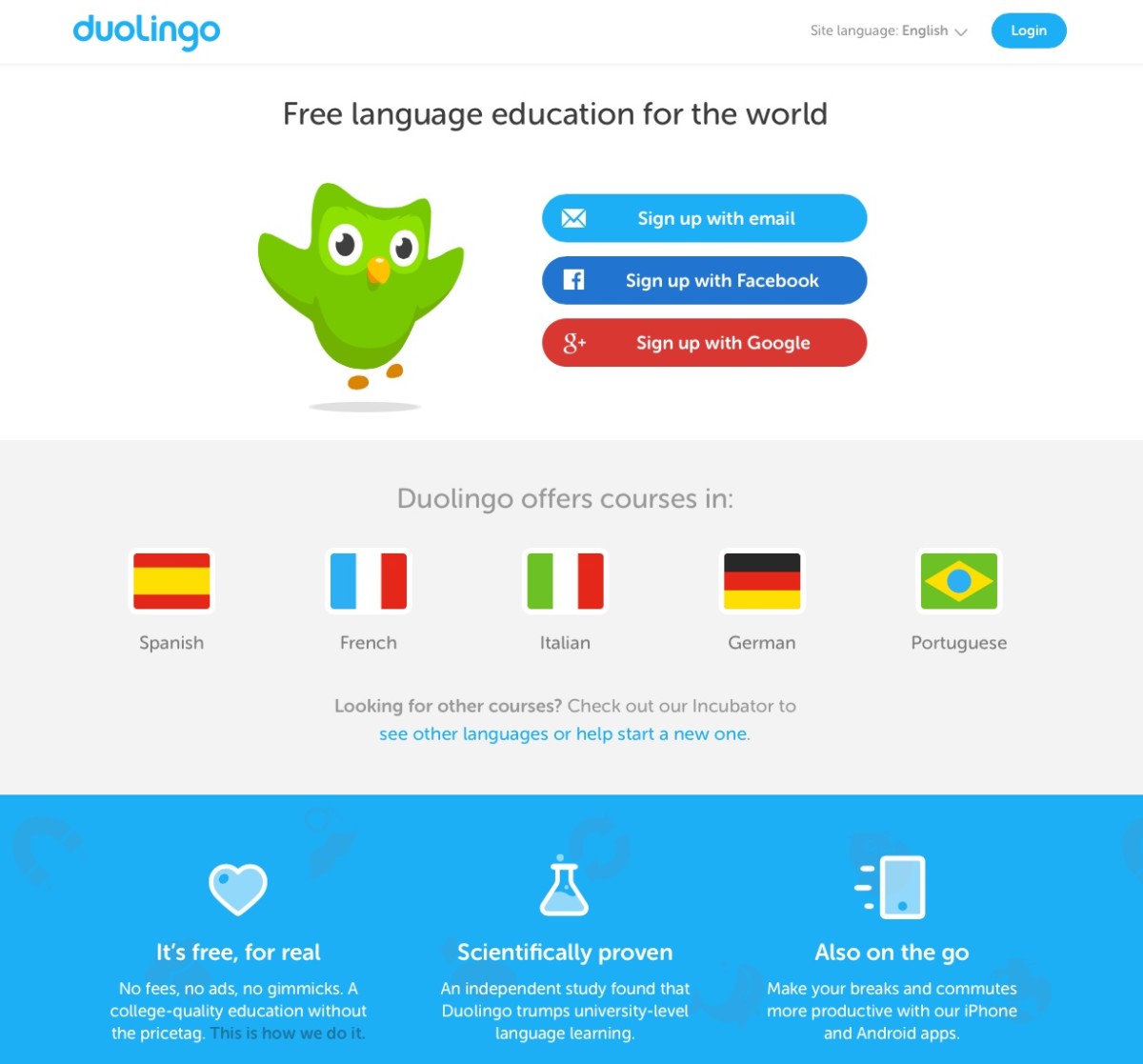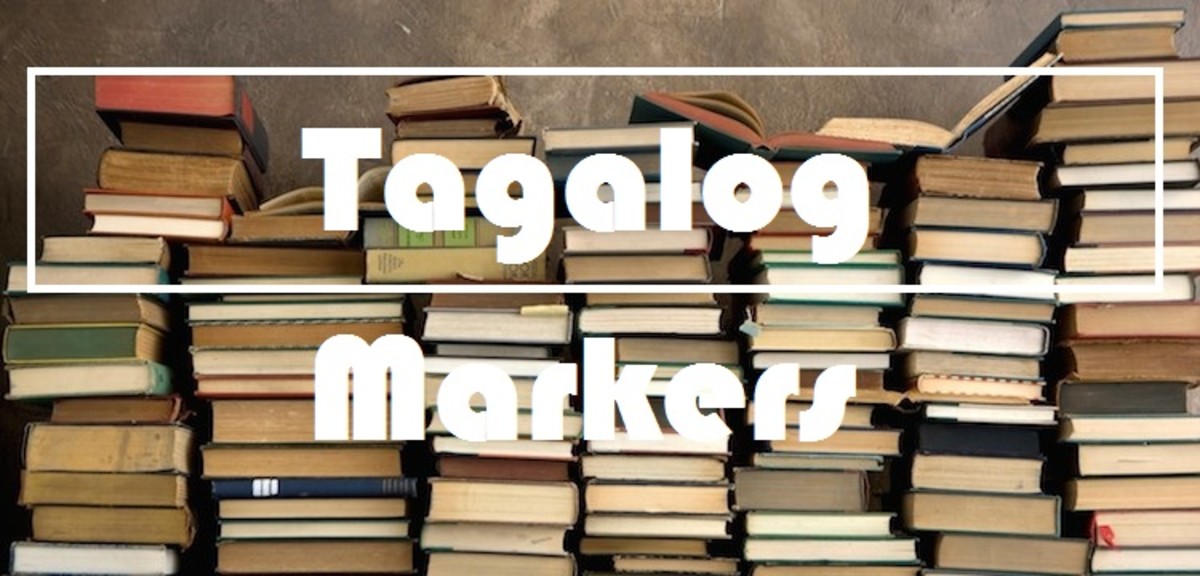how to simplify your foreign language learning and become a fluent speaker
Six effective ways to speed up your learning
Whether or not learning a language is a necessity or a pleasure, one thing is for sure: it is not an easy ride. Some obstacles are to be overcome on the path of becoming a confident and fluent speaker. No wonder that among English speakers very few are fluent in one or more foreign languages. And the stats are really embarrassing for the brits: just one in 10 are capable of having a basic conversation in another language. In this article we will examine why learning language is perceived of being so difficult and how to remove those obstacles on the road of mastering your chosen language.
Languages can really challenge our ability to retain information and to apply what we have learned. In fact an entire range of excuses are usually given for our inability to learn a language: from bad memory to being extremely busy, we can easily justify our lack of commitment. However most of those fears are based on too bad experiences at school where antiquate learning methods and bad or incompetent teachers, made the entire processes of learning the lingo, a rather negative experience. However it is time to re-assess these "truths" about whether or not we have a natural inability at learning languages.
For most of us, adult learners, being back to study can arise some of these old fears that we experienced last time we have attended a language class. The difference now is that teaching methods have taken leaps forward since we left school so if you have excel in Math or other subjects at school but left hopeless with French pronunciation, it is probably a case of a method used by your language teacher that was not right for you.
In the past decade there have been vast progresses in the teaching methods and now learning a language effectively can be really achievable. The secret is to find your learning style. Once you have found it, you need to stay committed to your cause, as simple as that. Find the your own mental strength and even Mandarin will become a very simple step by step process. After all if you speak English you can speak any language, the learning method is not that different.
However there are some keys rules to start with that will easier the learning process.
Number one: motivation
To learn effectively a language you need to have some sort of motivation. Actually the motivation is very important, so to speak. Do not underestimate it and choose carefully which language to learn. It can be that you are madly in love with the culture and the country of your chosen language, or maybe you have a property in a foreign country, a business interest, family and close friend, a fiance or a foreign spouse, whatever it is, follow your instinct. Learning a language is a very long commitment and it requires a strong reason. Keep for instance a photo or a reminder of why you are learning the lingo which helps during one of those moments where the process seems to become difficult. For example, dream to live in Paris if you study French or to fall for an Italian vineyard owner if you study Italian. Everything that keeps you motivated. Even 2 minutes in visualising your fantasy can boost your motivation and your learning will benefit from it.
Also, think about how difficult or tricky a language can be. The easiest languages to learn for an English speaker are French, Spanish and Italian the more difficult are Arabic, Cantonese, Mandarin, Japanese and Korean.
Number two : commitment.
Commitment it is really important and notoriously difficult to maintain due to the hectic kind of life style that most of us have. However there are some simple steps that you can take to make sure that you stay focus. First of all try to dedicate 20 minutes per day to your study. It can be divided and can be taken in ways that are not the traditional one. For instance you can learn while you are driving on your way to work. Listening a tape, cd or podcast in your chosen language while you are cooking, try to understand words and phrase, revise a listening those tracks that you already know and repeat the words and phrases in it. Another way is to repeat new vocabulary when you are on the elevator, under the shower or on the way to your house and office. Take with you a phrasal book, if you are at the very beginning of your study, mastering the basic vocabulary from a phrasal book, is really helpful and very effective in speeding up your speaking ability. After all we rely upon just 100 words in half of an average conversation, there are some words that are repeated and use more often than others and these words are at the basic of any conversation. Words like thank you, why, who, where...for example are key words that if learnt at the very beginning will speed up the process a lot. Do not bother too much with the grammar at this stage till you have really master these basic words and phrases. Another way to stay committed is to set a target amount of hours to learn the language divided in stages. Supposed to decide to dedicate 150 to reach an intermediate level. Work with the Common European Framework for Languages set up by the European Council to know the standard required to reach each learning stage and decide how many hours you need to reach this level. It should take 15-20 hours to learn the basic of a language, about 30 minutes per day
Number 3: Discover your learning type:
Each of us have a preferred method to receive, absorb and master information. The way we learn varies from one person to another and mastering a language it is a such personal thing that identifying and choosing the right method it is vital to become fluent. That is why many of those methods comprehensive for everyone, failed and filled people with fears and bad memories. Now it is possible to establish specific learning styles that will become your key strategies in speed up and mastering the study with effective results. The website www.businessball.com is dedicated to test learning strategies. You can take one of their tests to see what type of learner are you. Let’s say if you use the pencil a lot or you like to use flash cards for your presentations you might be a visual learner that rely upon pictures and images to memorise words.
On the other side you might be one of those people who like to sing and generally remember very well the words of your favourite songs or you like to engage in conversations and to enjoy participating to conferences. If you are in this category you are probably an auditory learner and you probably will be facilitated in your studying by listening tapes and cds, reading out and aloud and engaging in conversation activities. It would help you a lot watching films in the original language and singing songs.
Perhaps you need to be actively involved during the lesson like scribbling lots of notes or organised your papers. Maybe you are enjoying outdoor sports, being active and using tools to make things This means that you have a kinesthetic intelligence . Usually these learner types of students benefits from a class course with lot of practical activities and they retain their information better if they used a sort of software that involves being interactive.
Number 4: Choose your course
Once you know which type or learning you are, choosing the right course it is much more easier and more effective. If you are a visual learner you will have better chances to learn by choosing a traditional course based on text books and conversation skills. There are some good advantages in attending a class also for those who are Kinesthetic learners, the ones that like being active. In fact these kind of learners benefits a lot by working in a team environment and speaking out and aloud during the lesson. Learning by attending a class it is the most popular and probably the cheapest way to learn . There are some very positive aspects in doing such kind of courses for instance the social aspect of it but some people can be a little bit intimidated by taking part to the classes activities. There are alternatives that can be less frightening for those who are shy or simple find themselves not so confortable in working with other people. If you are in this group you can take a one to one language course target on your needs with a tutor. Another solution is the internet which can be a very useful alternative for self learning not to mention the apps that are now available even in this sector, like the AccelaStudy an iPhone app that uses pictures with native speakers users perfect for visual learners. There are for instance verbalplanet.com that provide online classes with native speakers. Babel.com is another website that offers interactive language online courses and uses the most innovative technology to make the most of your learning that combine fun and effective results. For more practical language courses Rosetta Stone one of the most popular software even if the courses’ prices are not the cheapest. The method used is to replicate how a child learn the language with a dynamic immersion method. Words and concepts are presented in pictures and text. Trasparent.com has language programs from £49.99 and virtually in any language.
Number 5: practice, practice and....practice
Practice and expose yourself to the language and do not be afraid to make mistakes in attempting to have a conversation but take every possible chance to practice the language if you can. Also listening to the tapes, cds and other listening sources it is a very effective way to learn even if you hardly can understand what they are talking about. Our ability to learn a language is directly linked to how often we have been exposed to the sounds. The exposure to the language is what finally makes babies to learn a language or people that moving from a country to another benefit massively from this exposure.
Finally considering that learning a new languages does wonders to our brain. In 2010 the Medical Research Council’s Cognition and Brain Sciences Uit at Cambridge University found that when the brain is exposed to a new word repeatedly it learns this word in less than 15 minutes and in the meantime it will form a new network of neurons specifically for remembering that word. In the long period this process will be a real benefit for our memory and for making the brain staying young and functional.
Number six: creative ways to learn a language with fun.
Speed the time needed to learn a language with the LinkWord method. This fantastic and very practical way to learn a language has been invented by Michael Gruneberg who has written various language books. It consists in linking a foreign word with an image. For instance the word “cacciatore” in Italian means hunter: you can imagine someone who catch a chick or you can think about the pollo alla cacciatora plate bearing in mind that cacciatore is to be associated to the man who catch the chick not the chick itself. Or the word herisson in French means hedgehog imagine an hairy son to figure out the word. A trial found that Linkwords students are achieving a standard in 12 hours study rather than 40 like normally required.
Another way is to associate words in English to other foreign words that are similar bearing in mind of the existence the so called false friends. Direction is the same in French and English like information and excellent. But for instance burro in Italian is butter in Spanish is donkey. Similar to that is eventually, in Italian it can be associate to eventualmente that means occasionally but in English means finally.
Another method is mind mapping developed by Buzan. This learning method consist of drawing a map of words associate with each other. For instance if you sketch a café then you can write all the words and phrases associate with that, like for instance table, mug, bar, friends and so on. Draw a picture beside any of the words you are writing down The idea is that the you mirror the way the brain is naturally thinking and in this process it will make remembering the words easier and by doing associations it will faster the way you learn the language.
So now that you know all the ropes and tricks take the plunge! Un,deux, trois and unlash your inner Italian/Spanish/Chinese ego.
If you are in London and interested to learn Italian I am a qualified Italian mother tongue teacher and available to organise one to one or group courses. I am also preparing a conversational informal course in Ealing, West London from September .
Send me a message through hubpages if you are interested.







